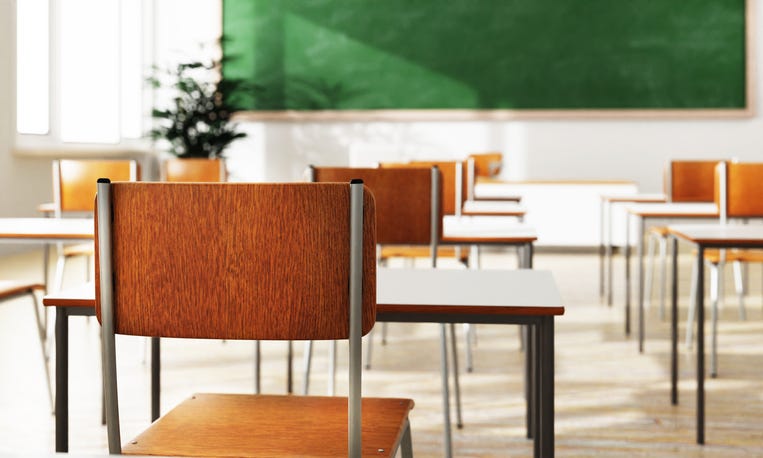
Minnesota Senate Republicans are attempting to pass a parental rights bill that would empower parents in the classroom like never before.
To talk about the efforts behind the bill, state Senator Michelle Benson joined News Talk 830 WCCO's Vineeta Sawkar.
"Parents are primarily responsible for their kids," Benson said. "In my opinion, schools and teachers are really important partners, but that requires a partnership. That means parents have a right to know what's going on in their children's classroom."
Benson continued saying that the bill will help give parents the tools to work in partnership with their children's teachers and advocate for their kids.
Part of the bill that Benson is proposing would require that classrooms have a posted syllabus so that parents can see the work that their students are doing.
"You would get to see the reading list that your child has so that if you need some pre-teaching, some coaching as…there are times you just need to press your kids for hard things that are coming up," Benson said. "It would empower parents and affirm their fundamental right and role as primary educators of children."
While most teachers are upfront with what they are teaching in their classroom, Benson said that the bill is needed for those unwilling to share what is going on in their classroom.
"It doesn't take much conversation with parents to have a story where a parent asked for information about the syllabus or information about the curriculum, and the teacher didn't respond," Benson said.
Benson added that "lots of parents have good experiences because they have good teachers as partners for their children. But there are some teachers who don't believe a child in the classroom is the responsibility of the parent in partnership. They believe that they should get complete control of their classroom and autonomy from parents."
As for those who are calling the bill the latest form of censorship to stop the teaching of topics such as race and gender, Benson said that critics need to read the bill as it has nothing to do with those topics.
"If parents are concerned about something that's being taught in the classroom, they can propose an alternative," Benson said. "They can work with the teacher to come up with something that meets the standards of the classroom but also meets the needs of the child and respects the parent's role in that relationship."


